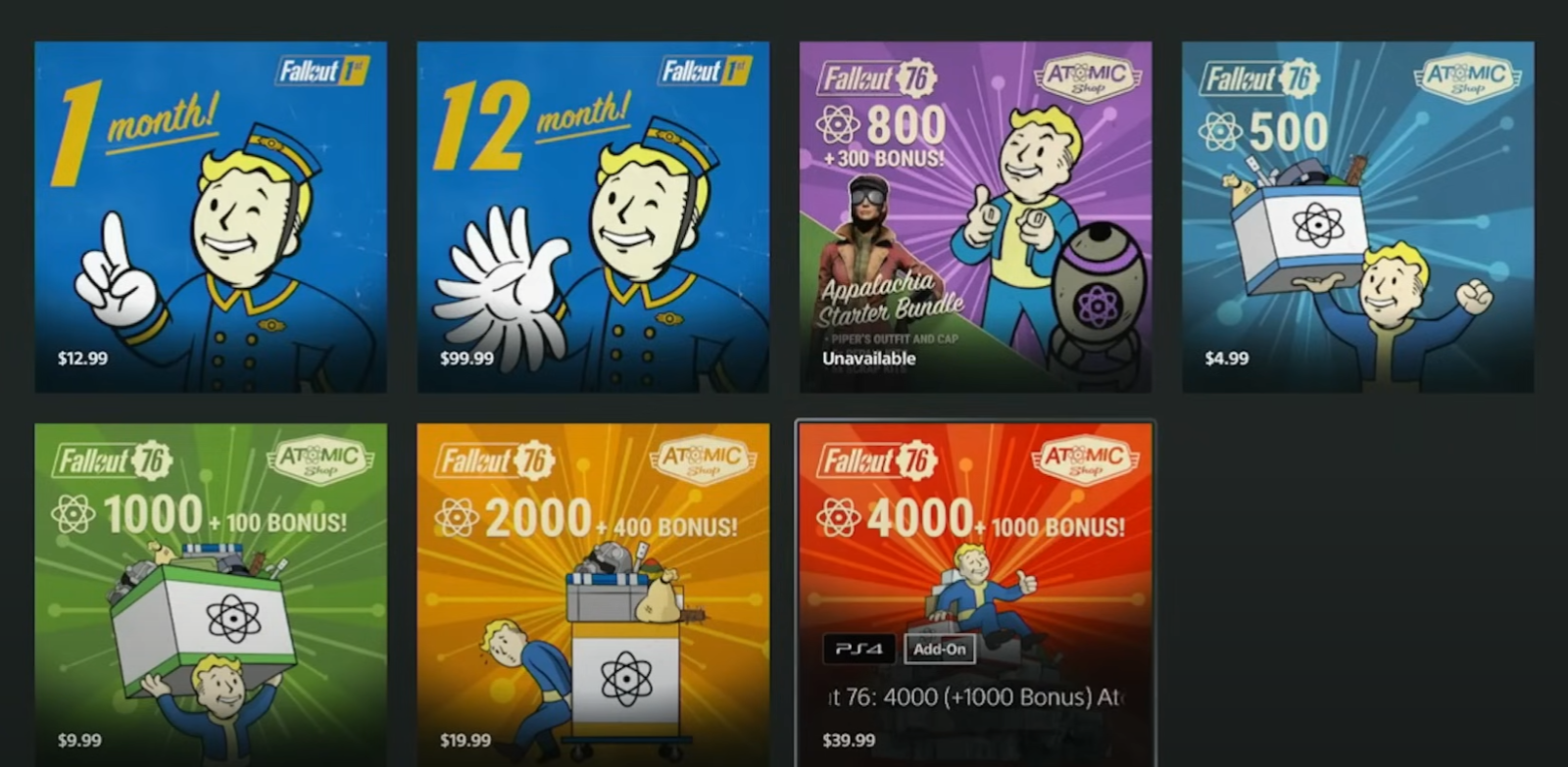If you've spent any time in Fallout 76, you already know that bartering is more than just a side activity—it's a critical part of survival, progression, and community interaction. Whether you're swapping legendary weapons, rare materials, or everyday consumables, trading efficiently can significantly increase your cap stash. And when you're bartering in groups, there's even more opportunity to capitalize—if you do it right.
Here are five tried-and-true strategies to help you maximize your Fallout 76 caps when trading in group settings.
1. Specialize in High-Demand Items
The Wasteland is full of players searching for very specific gear—think legacy weapons, rare apparel, and utility consumables like serums and flux. If you're serious about making caps, start keeping track of what other players consistently ask for. Over time, build a small stockpile of these high-demand items so you're always ready when an opportunity arises.
This is especially important when you're bartering in a group. If everyone has access to common goods, you want to be the one with that elusive Junkie's Explosive Shotgun or a fresh stash of Flux. Keep an eye on Fallout 76 Items for sale forums and player hubs to stay ahead of trends.
2. Use Group Trades to Bundle and Upsell
Individual items might not net you much, but combining multiple mid-value items into a "bundle deal" can make your offer more appealing and command a higher total price. This tactic works well in group settings, where time is limited and traders are looking for efficiency.
For instance, instead of selling serums one by one, offer a pack of five at a slight discount. It’s more enticing and gives you a chance to move more inventory at once. Players often perceive bundles as better value—even if the total price is slightly higher than the sum of individual trades.
3. Understand Player Needs Before Offering
One of the most overlooked strategies in group trading is simply listening. Jumping into a trade lobby with a pitch for every item in your stash is a quick way to be ignored. Instead, start by asking what others are looking for. Once you have a better sense of the demand, you can tailor your offer accordingly.
This approach builds trust and rapport, which are vital for repeat business—especially when trading high-value items or large amounts of caps. A lot of long-time players regularly check Fallout 76 Caps for Sale posts or vendors to set price expectations, so showing awareness of market trends makes you look like a savvy trader worth doing business with.
4. Time Your Trades Around In-Game Events
Certain in-game events like Fasnacht Day, Meat Week, and Treasure Hunter Weekend flood the game with specific items—and create shortages of others. Smart traders use these windows to offload inventory they’ve been sitting on or stockpile valuable rewards to sell later when prices rebound.
Trading in groups during or right after events can be especially lucrative. Players are either flush with new loot and looking to sell, or desperate for event-specific gear they missed. Plan ahead, and you can turn these events into major cap boosts.
5. Be Transparent and Build a Reputation
In any trading community, reputation matters. Make fair deals, be honest about item conditions, and don’t gouge—especially when trading with regulars or clanmates. Over time, you'll be seen as a trustworthy trader, which leads to better deals and more opportunities.
This is also where communities like U4GM come into play. Many players browse platforms like that to find stable prices or gauge the going rate for items and caps. You don’t need to undercut everyone, but staying in the ballpark of established prices makes it easier to close deals—especially in group settings where time is limited.
Bartering in Fallout 76 is as much about people skills as it is about knowing item values. When you're trading in groups, the dynamics can shift fast, and being prepared with the right approach can mean the difference between walking away richer or empty-handed. Whether you're stocking up for the next expedition or browsing Fallout 76 Items for sale to get an edge, these strategies will help you make the most of every deal.









Share this page with your family and friends.